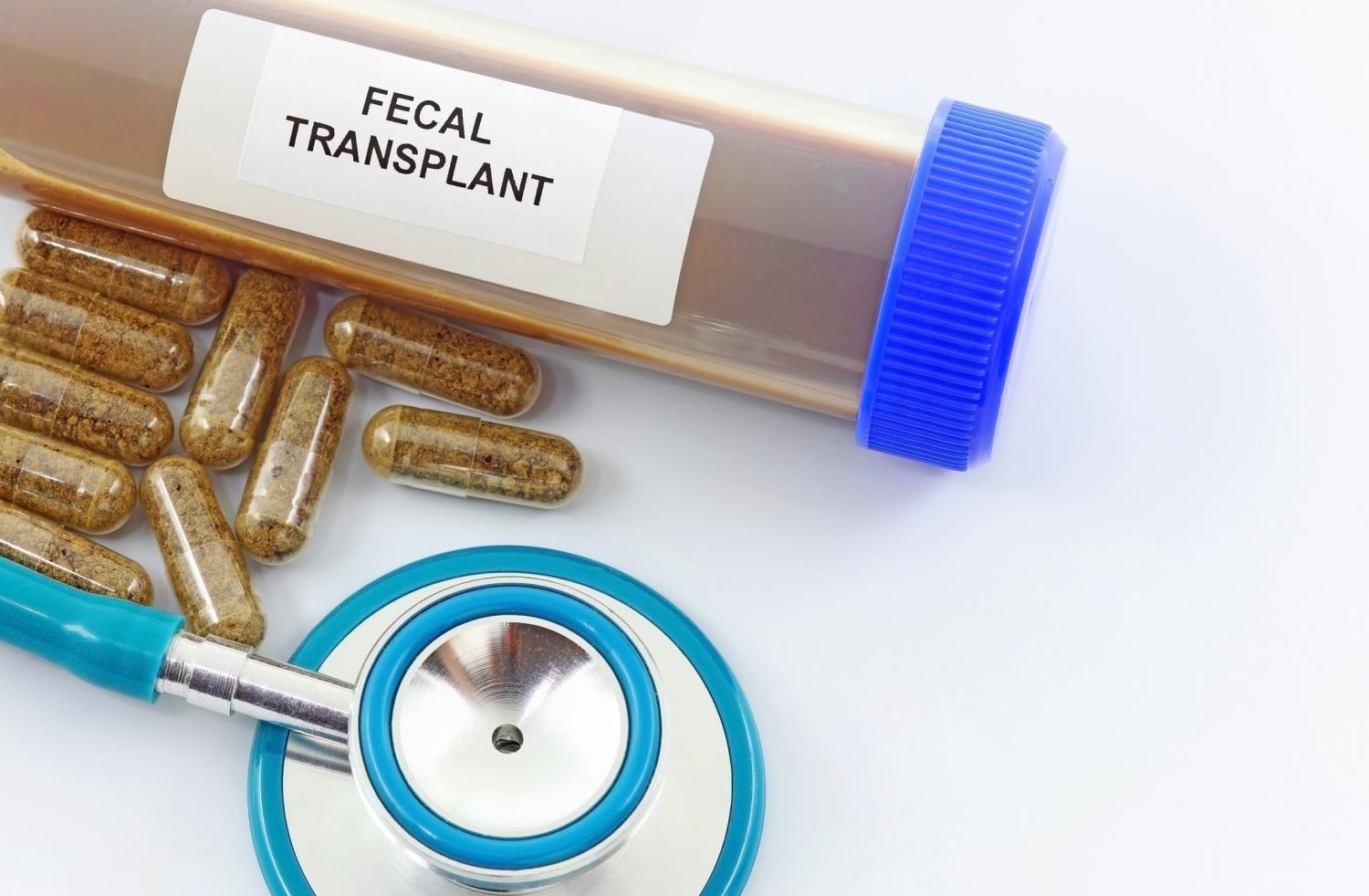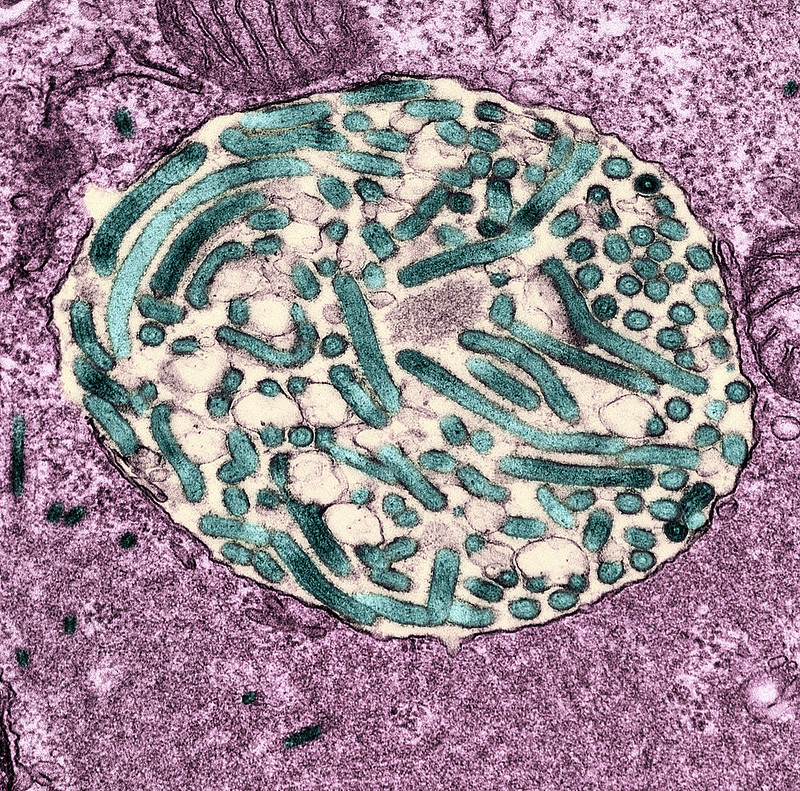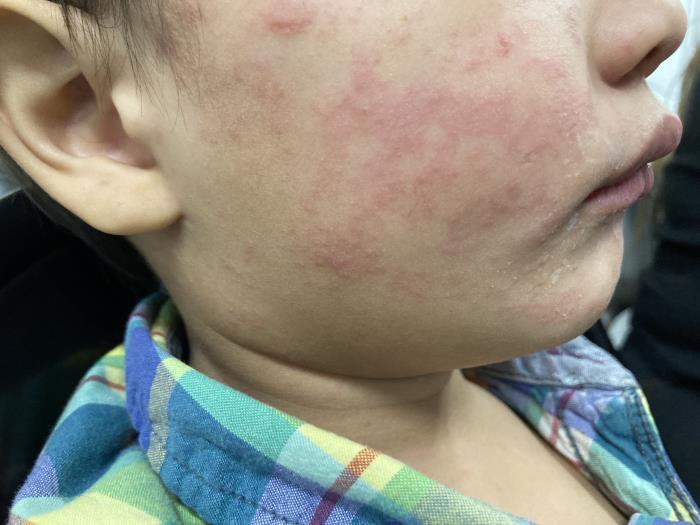
A real-world study of patients with Clostridioides difficile infection (CDI) in Australia over 10 years shows that fecal microbiota transplantation (FMT) manufactured from the stool of screened donors is safe and effective, researchers reported today in Open Forum Infectious Diseases.
The study, led by researchers at the University of Adelaide in South Australia, evaluated data on FMT donor screening and outcomes in CDI patients who underwent FMT from 2013—when the procedure first became available in Australia—to 2023.
While FMT has demonstrated success as a treatment for recurrent CDI in multiple randomized controlled trials and is recommended in treatment guidelines from several medical societies, the researchers wanted to assess the FMT screening process and the safety and efficacy of the procedure in patients with recurrent, refractory (unresponsive to antibiotics), and/or severe or fulminant (quickly escalating) CDI in real-world settings.
84% of FMT recipients achieved primary cure
Of the 98 donors who had stool screened, 32 (33%) failed, 5 (5%) had incomplete screening, and 61 (62%) passed their initial screening. Detection of an extended-spectrum beta-lactamase–producing organisms, which can be resistant to multiple classes of antibiotics and have been linked to the death of an FMT patient in the United States in 2019, occurred in 9 (14%) donors and was the most common reason for screening failure.
Of the 220 CDI cases managed with FMT over the study period, 90-day follow-up information was available for 216. Overall, primary cure (no relapse within 90 days) occurred in 84% of cases (182/216), including 88% (132/150) for recurrent, 76% (50/66) for refractory, 85% (51/60) for severe, and 65% (17/26) for fulminant CDI. In 33 patients who did not achieve primary cure, repeat FMT was delivered in 23 (70%), with secondary cure achieved in 17 (74%).
Serious adverse events occurred in six patients overall, with no deaths directly attributable to CDI.
The study authors say the findings are consistent with data from randomized controlled trials. But they add that further studies are needed to optimize the use of FMT for severe or fulminant CDI.

















